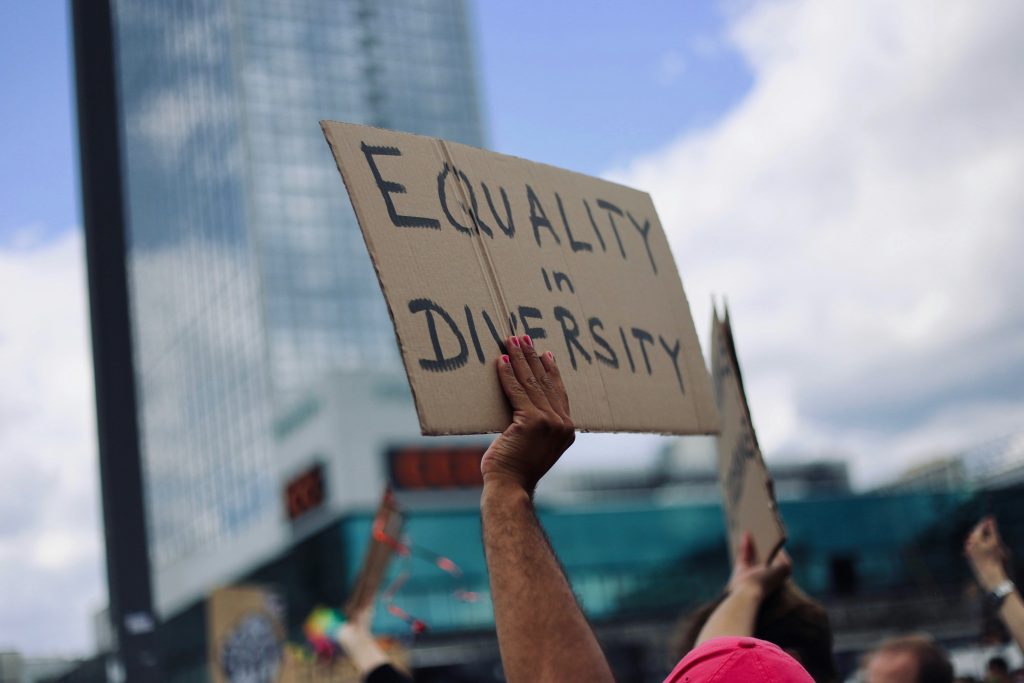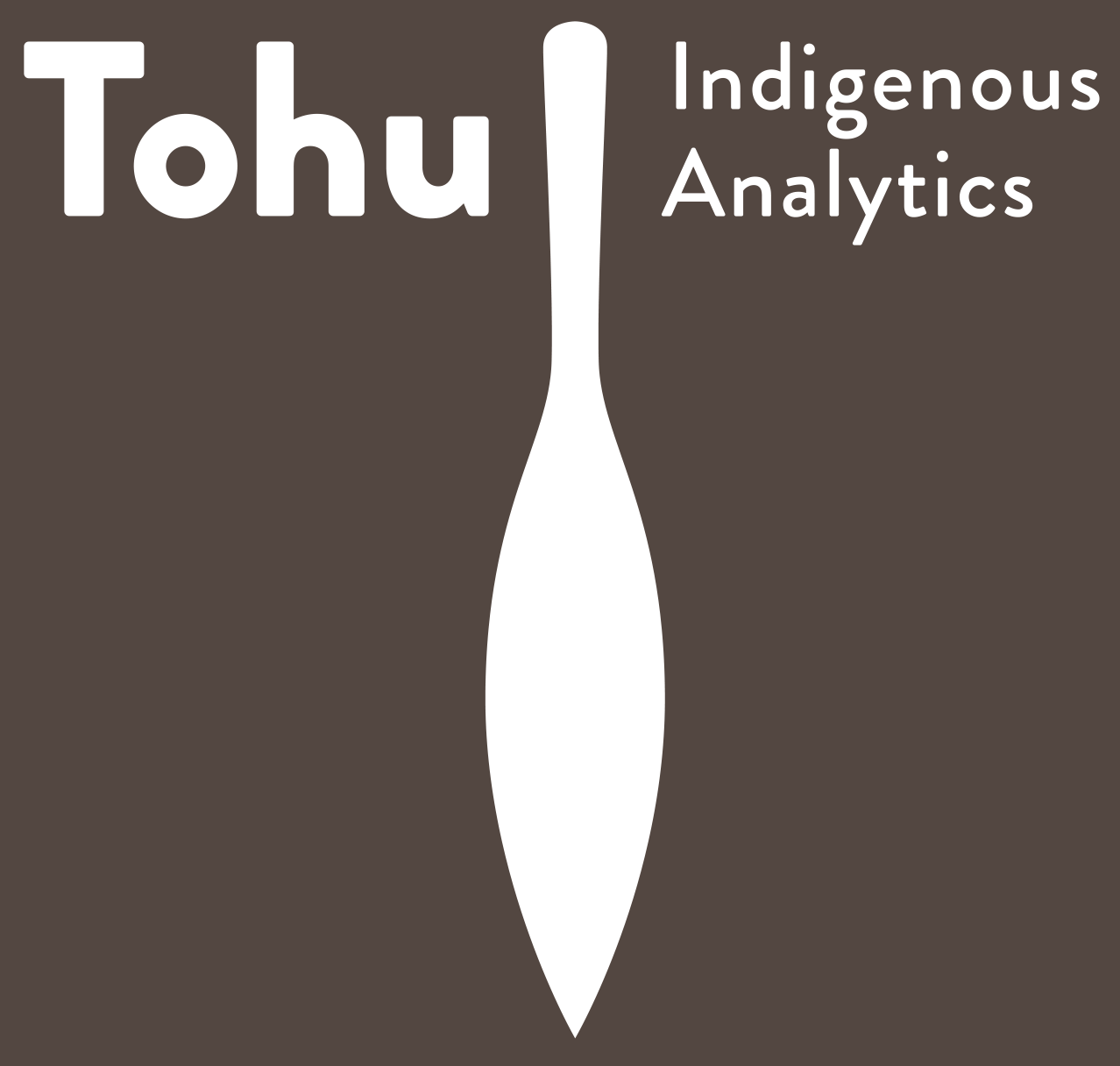Since the last IPCC report (AR6), there has been a flurry of writing exploring questions of equity, diversity, and justice within the IPCC. To address the issues identified by a variety of folks, highlighting sexism, racism, ethnic othering, and epistemic injustice, the IPCC has put together a few workshop-style meetings with a select group of scholars, practitioners, and policymakers from around the world.
Tohu members were invited to the first of these events, which took place at the WMO headquarters in Geneva, Switzerland. The three-day hybrid IPCC Expert Meeting on Gender, Diversity, Equity, and Inclusivity (GDEI) brought together experts and practitioners to share knowledge, explore challenges, and co-develop actionable outputs related to GDEI within the IPCC context.
The program was structured around three interlinked session types:
- Content sessions that presented scientific insights, institutional experiences, and lived perspectives.
- Harvesting sessions that engaged participants in interactive exercises and collective reflection.
- Shaping sessions that facilitated the collaborative design of outputs (such as recommendations and frameworks) to feed into the Expert Meeting Report.
On Day 1, opening remarks by IPCC and WMO leadership set the tone. Sessions focused on clarifying the concepts of gender, equity, diversity, and inclusion (“the G, D, E, and I”), reviewing representation data from past IPCC cycles (e.g., AR6), and exploring behavioural and organizational barriers to inclusion—such as implicit bias, illustrated through the “elephant and rider” metaphor. The group also examined GDEI practices from other UN and international organizations and reflected on what the IPCC had already accomplished to build upon prior progress.
Day 2 featured deeper discussions of gender and diversity within the IPCC. Presentations included scholarly research and testimonials from past contributors. Harvesting sessions enabled participants to co-create a shared vision for inclusion and focused conversations on Indigenous representation and broadening stakeholder participation (“Expanding the Tent”).
Tohu co-director, Ritodhi, along with long-term collaborator Dr. Pasang Yangjee Sherpa, spoke about Indigenous Knowledge Inclusion in IPCC reports. Their session identified the current state of inclusion of Indigenous peoples and Knowledges within the IPCC reports and suggested potential strategic points of intervention to enhance meaningful inclusion of Indigenous voices and knowledges. They also introduced the Knowledge Justice Collective, a collaborative web of Indigenous practitioners and allies who are working on knowledge products and institutional reform, to enable meaningful inclusion of Indigenous peoples in global climate science.
Finally, on Day 3, participants continued refining outputs in breakout sessions. In the afternoon, they presented their findings to the plenary, consolidated conclusions, and agreed on next steps and pathways for implementation.
As the IPCC gears up for its next cycle (AR7), the historical issues brought up during this workshop will be under scrutiny. Additionally, the next workshop on Engaging Diverse Knowledge Systems will build on the momentum of the possible solutions and pathways that emerged over the three days.
Such initiatives are a definite move in the right direction for an institution that, since its inception, has struggled with a problematic work culture. Watch this space for an overview of the next workshop (February 2026) to which Tohu has also been invited.




